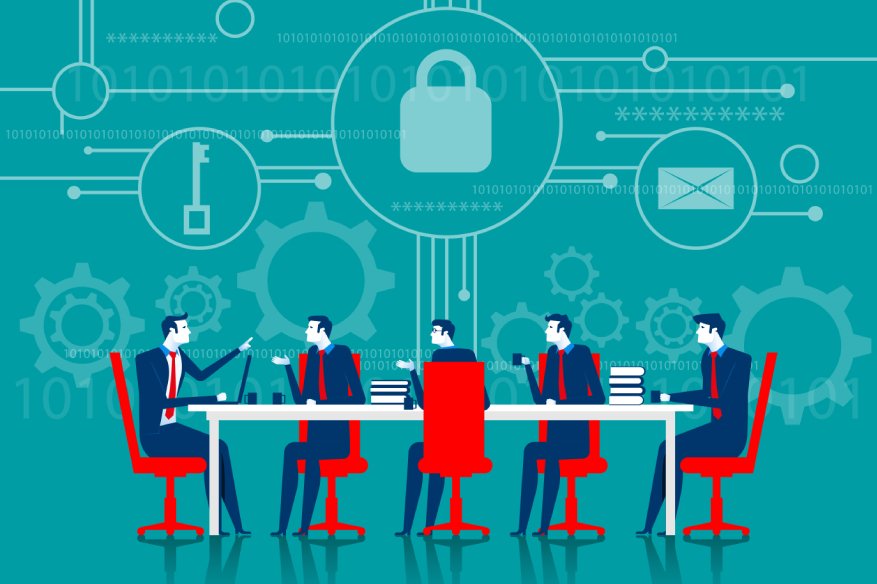US and Indonesia Forged Cybersecurity Cooperation at the Sidelines of Interpol General Assembly

The recently concluded Interpol General Assembly held in Dubai, United Arab Emirates opens a broader outlook of covering not only discussions about traditional transnational crimes but also the increasing risks caused by cybercriminal organizations. As General Assembly leadership have been elected and multilateral communications and cooperative undertakings are being established, but various bilateral agreements in cybersecurity are hammered.
This is what happened between the United States and Indonesia in the sidelines of the 87th Interpol General Assembly, as the two countries forged an agreement that will create a working group between countries to actively combat cybercrime and electronic-financial issues. The US is represented by Rod Rosenstein, Deputy Attorney-General while the Indonesian side is represented by Tito Karnavian, the country’s Police Chief.
With the agreement, Indonesian Police are expected to receive training sessions, which will help the archipelago’s police force improve its cybercrime detection and investigative capabilities. “The education and training programmes will help improve the knowledge and skills of Indonesian National Police personnel,” Karnavian enthusiastically said.
The training the Indonesian police force will undergo will further enhance their counter cyberterrorism skills, a good succession from the recently finished course that some police officers financed by Australia’s Jakarta Centre for Law Enforcement Cooperation.
Deputy Attorney-General Rosenstein scored the importance of the strong bilateral relationship of the United States and Indonesia in the areas of cybersecurity and counter-cyber terrorism, in full accordance to the ASEAN-US Leaders joint statement with enhancing cyber defense and adoption of technologies that will increase security for the US and the rest of Southeast Asia.
Many people have not realized it in their day-to-day lives, but cyberterrorism and cybersecurity problems caused by external unknown figures happen every day, 24/7. The weakness with firewalls, operating systems, and mobile devices are being exploited by cybercriminal organizations and rogue countries in order to gain an advantage, especially in the area of cryptocurrency.
The lack of awareness or pretending that cybersecurity is a non-issue spelled trouble for many companies, groups, organizations, and individuals in the past. Even a popular brand may significantly lose customer confidence after news of it falling to a cybersecurity breach, a virus infection or 3rd party intrusion attacks. No customer would like to continue doing business with companies that absorbed a lot of damage to its brand reputation.
“In the age of unprecedented information exchange, police the world over are increasingly facing new challenges. Criminal data and the rules surrounding its processing have become critical contours for shaping the work of international police cooperation,” explained Kim Jong Yang, SVP of Interpol.
As posted on the Interpol site, it styles the Assembly as: “Composed of delegates appointed by the governments of member countries. As INTERPOL’s supreme governing body, it meets once a year and takes all the major decisions affecting general policy, the resources needed for international cooperation, working methods, finances, and programmes of activities. It also elects the Organization’s Executive Committee, and this year the Assembly will vote for a new President for the remaining two years of the current mandate (until 2020). Generally speaking, decisions are taken by a simple majority in the form of resolutions. Each member country represented has one vote.”